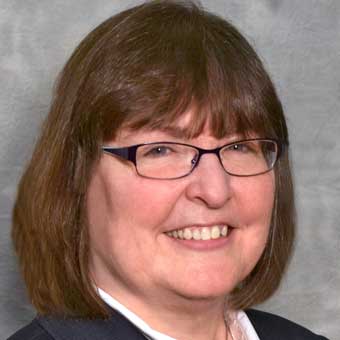Membership
Membership
Your RT Career
Your RT Career
-
Learn About RT
What is an RT? Why Be an RT? -
Students
Student Membership Benefits Find a School Scholarship and Loans Online Learning for Students Exam Prep Understanding Credentials -
Career & Advancement
Career Advice Practice vs. Practive Find a Job Advancement Opportunities RT Degree Advancement Advanced Practice Respiratory Therapist
Education & Resources
Education & Resources
-
Online Education
AARC University Webcasts and Journalcasts CRCE Transcripts CRCE Accreditation AARC Explores -
Resources
Respiratory Care Resource Center For Educators Clinical Practice Guidelines Coding and Billing Instructions Clinical PEP Safe and Effective Staffing Guide Microlearning Modules AARC Respiratory Therapist Human Resource Study
Menu





